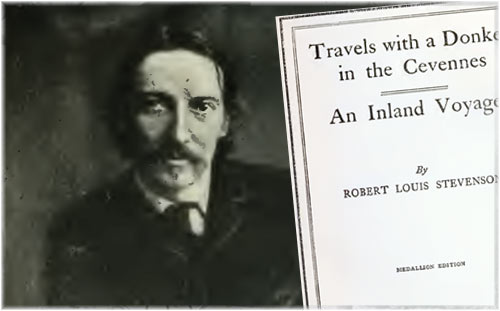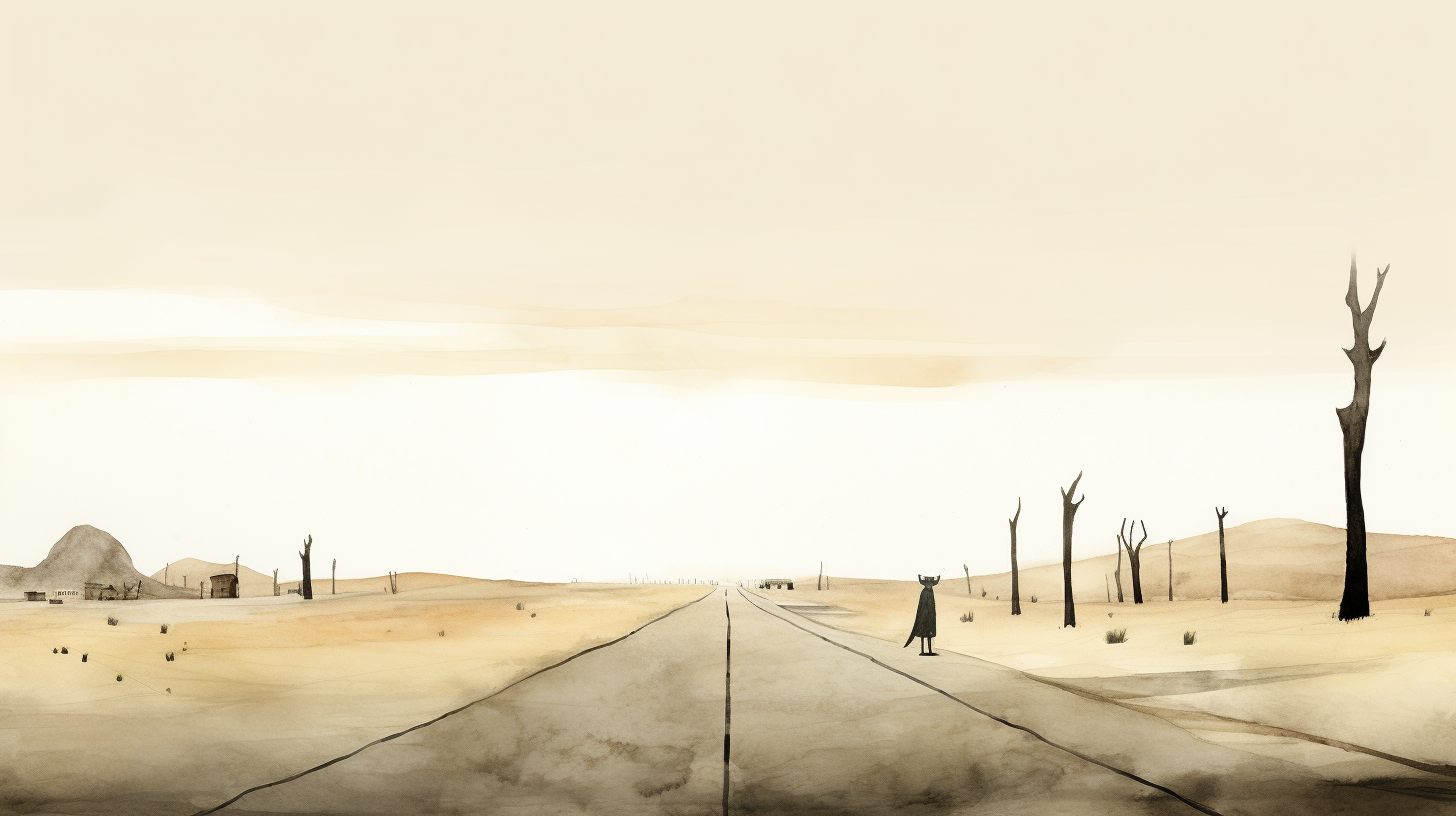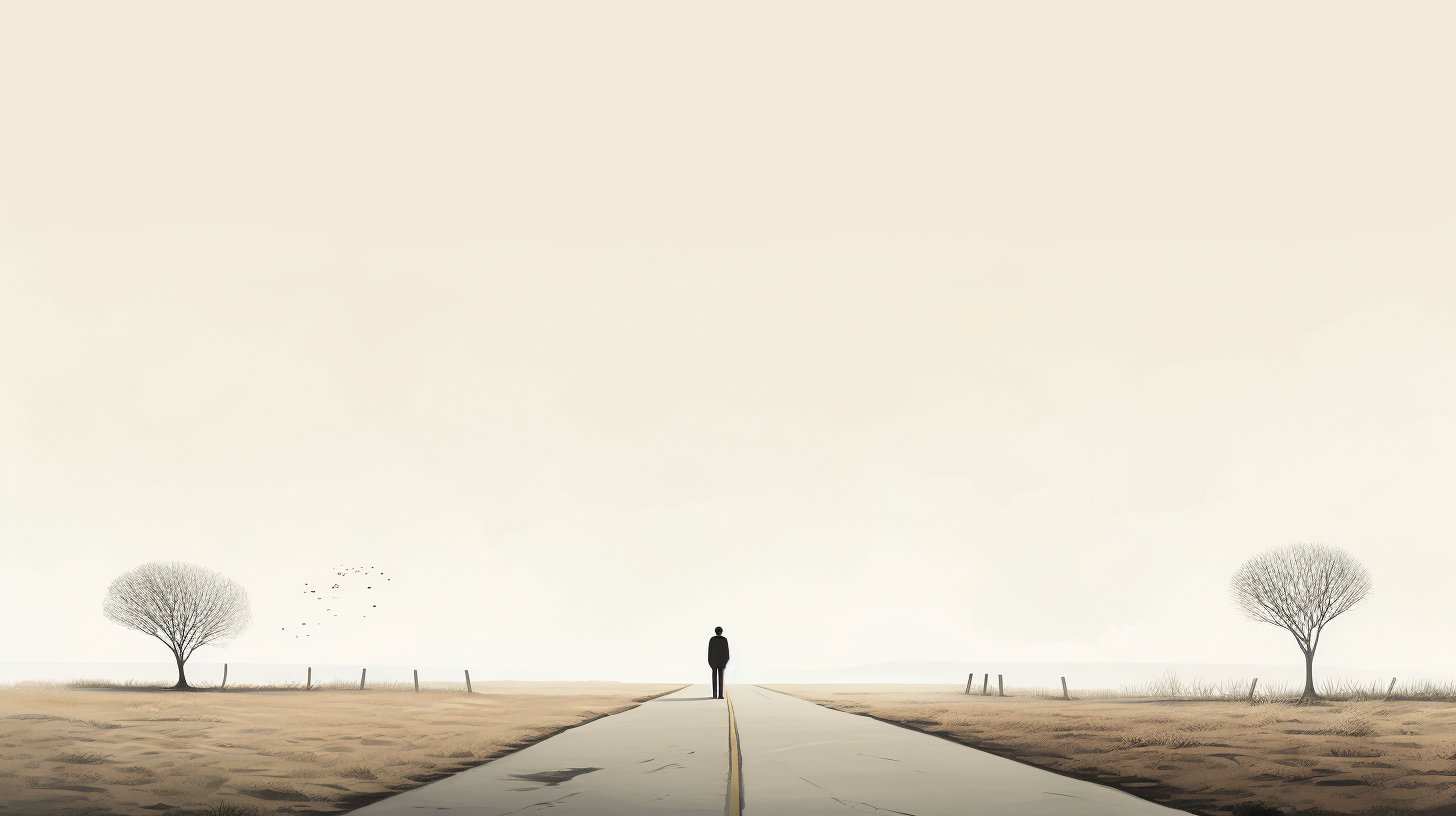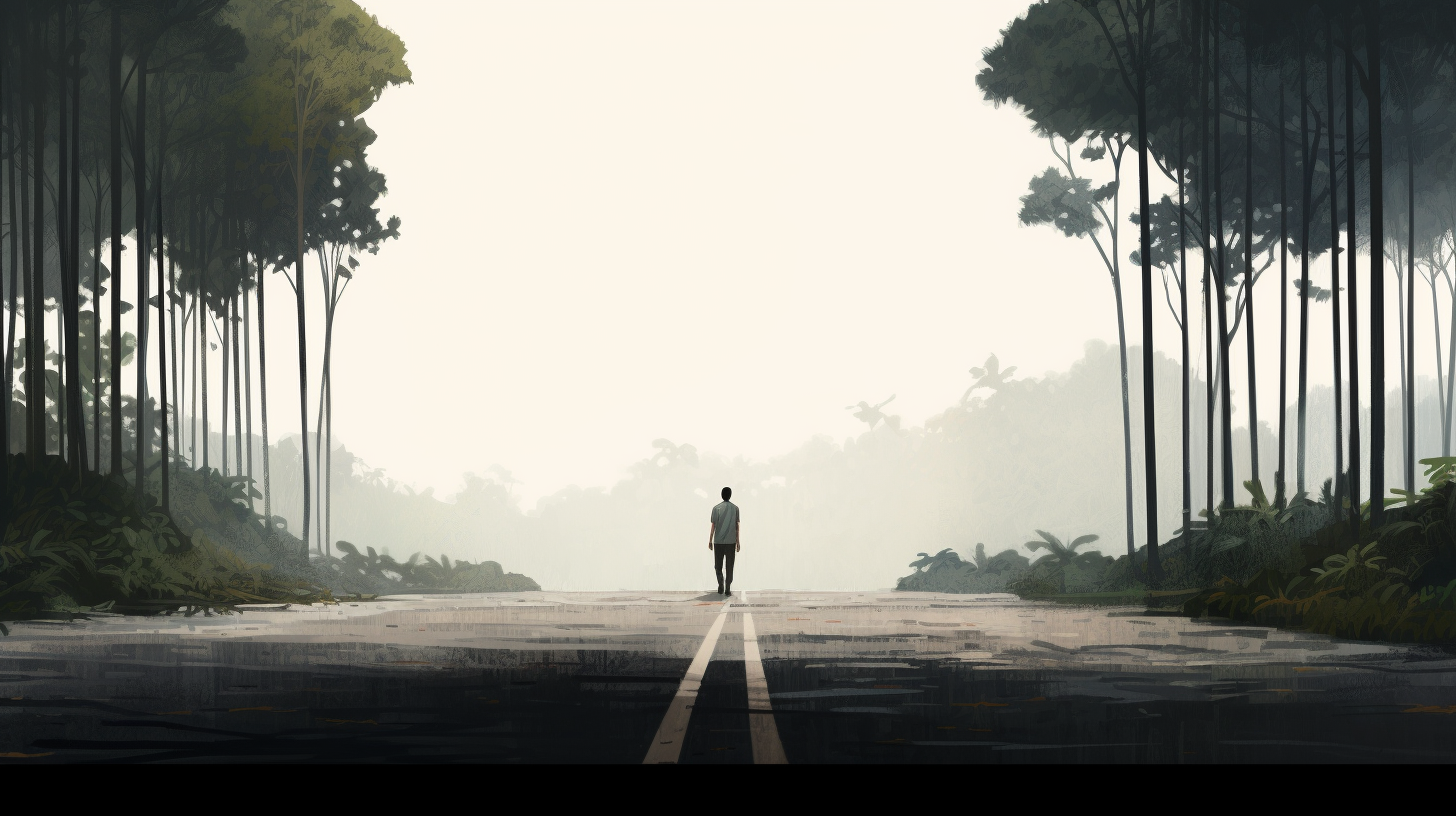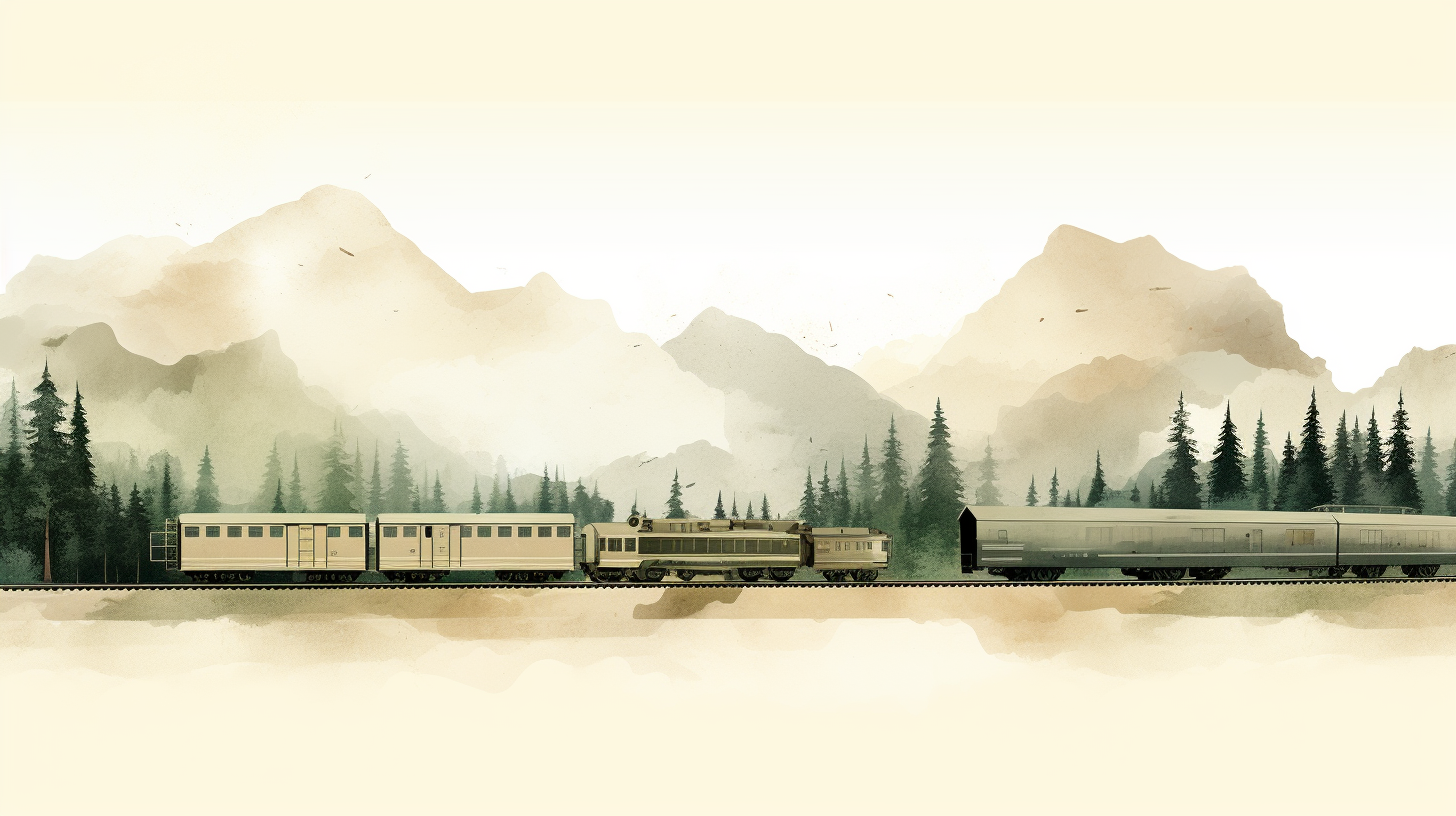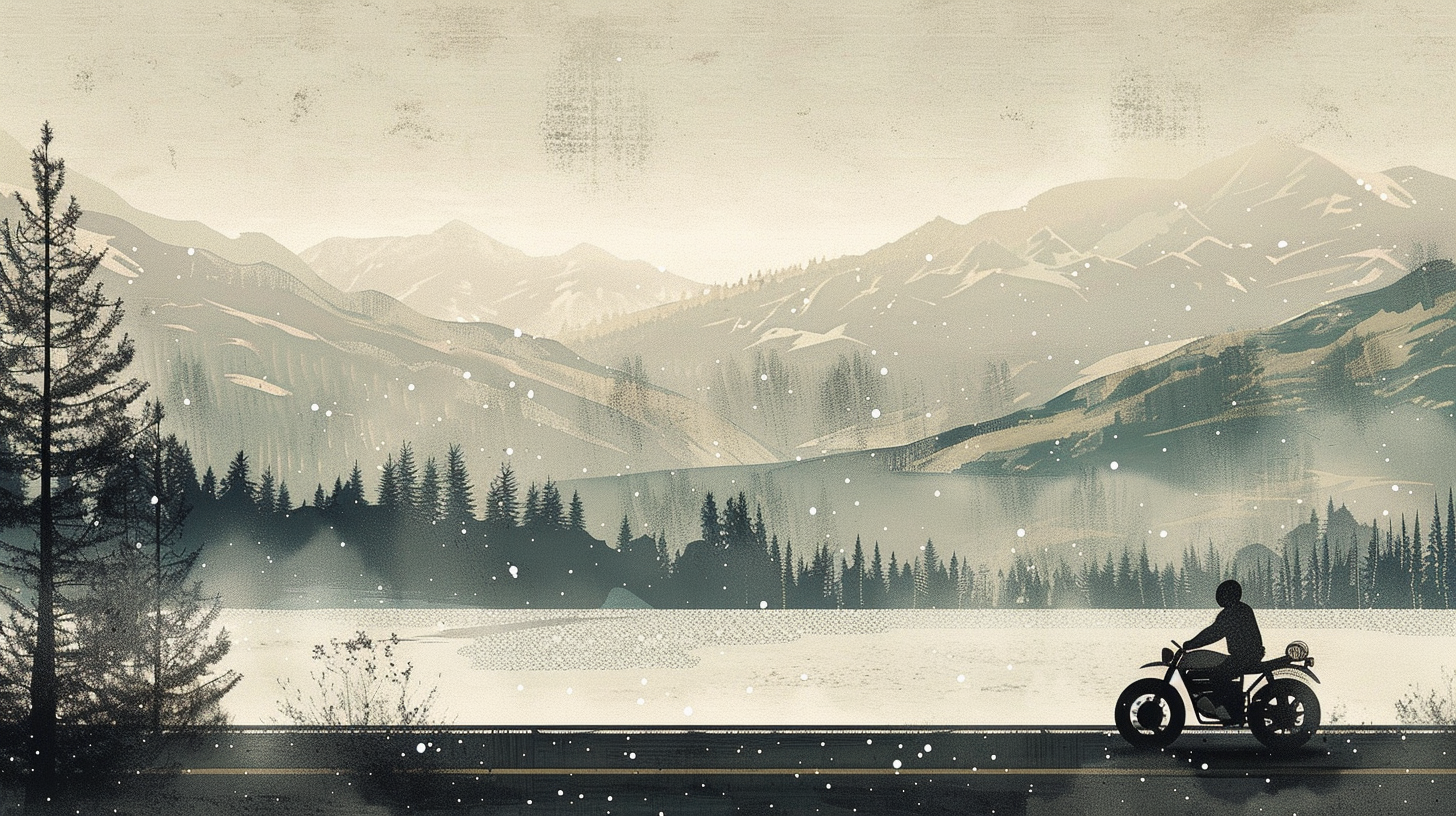Viaggio
Vorrei andare alle Terre del Moro
dove nascono le mele d’oro,
e sotto cieli azzurri e soli gialli
ondeggia l'isola dei pappagalli,
e Robinson Crusoe fa le barchette
coi cacatoa e con le caprette,
e sotto un sole caldo, abbacinante,
città orientali, in un luogo distante
sorgono tra le sabbie e nei segreti
delle moschee, degli alti minareti,
e ricche merci straniere e locali
vendono nei bazar genti orientali,
dove la Gran Muraglia cinge la Cina,
da una parte il deserto preme e confina,
dall'altra cimbali, voci e tamburi
nelle città fan risuonare i muri.
E poi torride foreste infuocate
più vaste del Galles e alte esagerate,
e palme di cocco con le scimmie a nanna
mentre il negro dorme nella capanna,
e il coccodrillo dalla ruvida crosta
sonnecchia nel Nilo e intanto si apposta,
e il rosso fenicottero vola ben raso
prendendo i pesci che gli vengono a naso,
e nella giungla, vicine e lontane,
nascoste e in ascolto nelle umide tane
tigri con molti uomini sulla coscienza
stanno in agguato alla pura presenza
del cacciatore o del buon cittadino
che avanza ignaro sul suo palanchino.
Lì, tra le sabbie del deserto assolate
sorgono antiche città abbandonate.
E tutti i bambini, pezzenti e sovrani,
divennero adulti in tempi lontani.
Non l'eco di un passo, nessuno in cammino,
il grido di un topo, un uccello, un bambino,
e quando la notte dolcissima scende
non un barlume di luce l’accende.
Da grande ci andrò, ne sono certo,
in groppa a un cammello nel deserto,
accenderò un fuoco nel buio tenebroso
di un antico salone polveroso,
e guarderò le pitture sui muri,
feste, battaglie, eroi forti e puri,
e troverò in un angolo un po' fuori mano
gli antichi giochi di un bambino egiziano.
Stevenson, Robert Louis. Il mio letto è una nave. Feltrinelli Editore, 2010.

